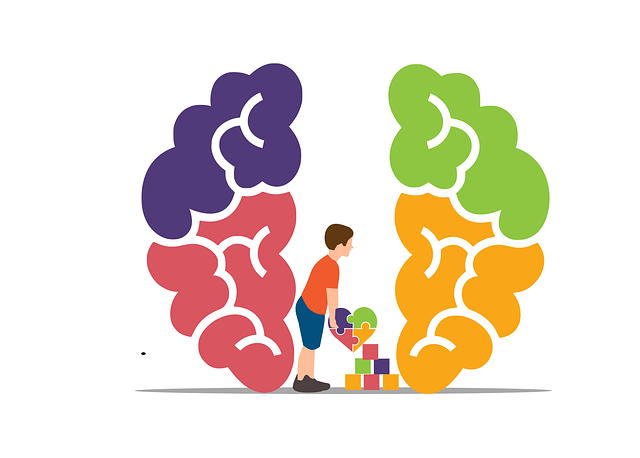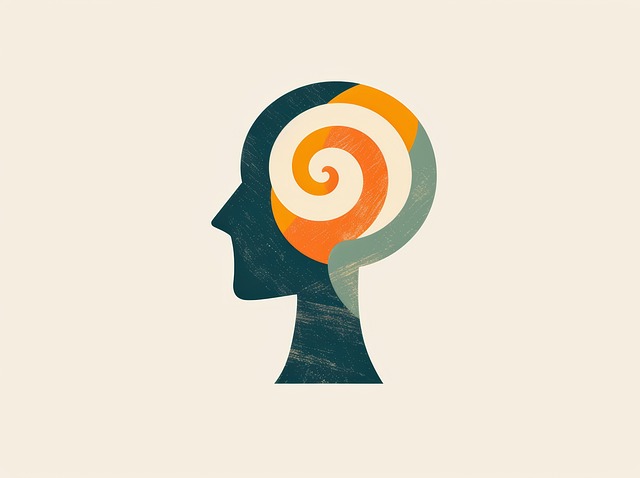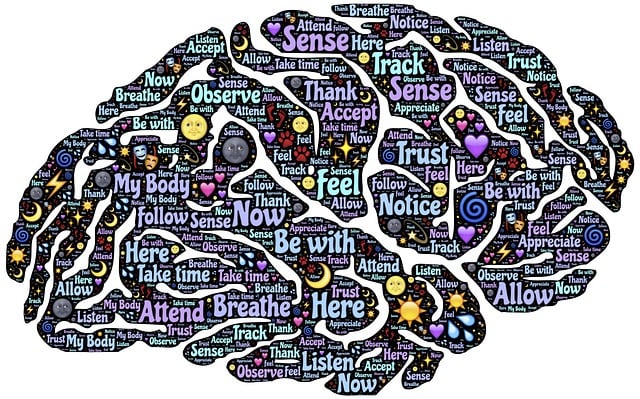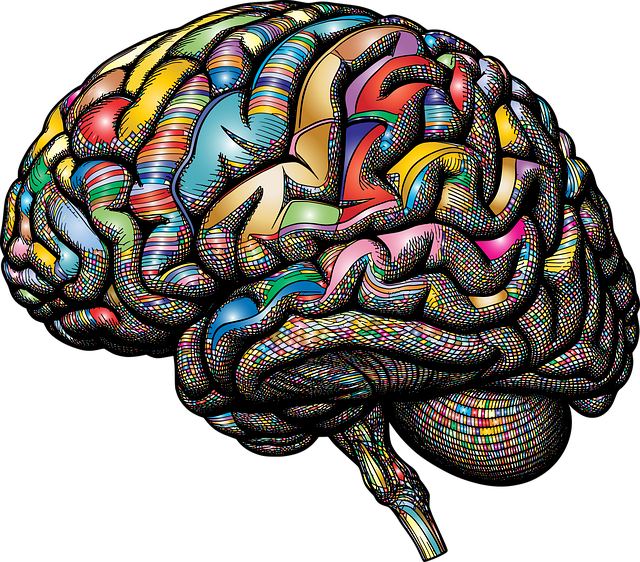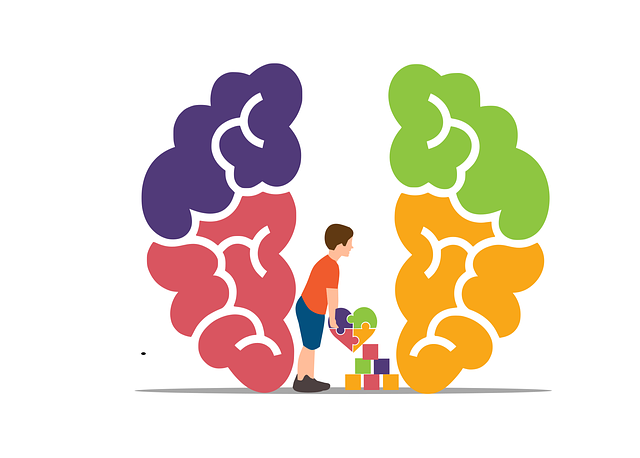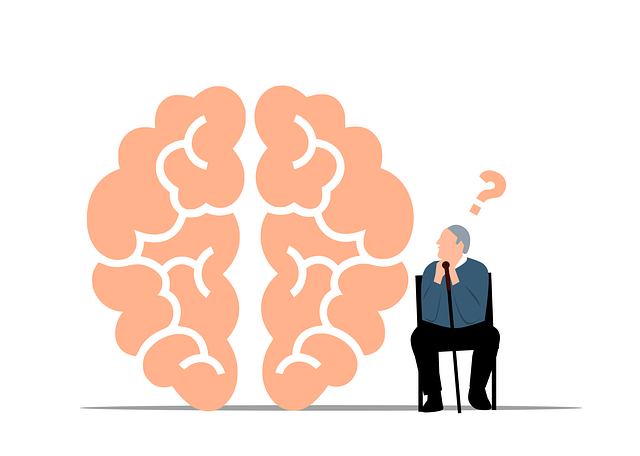Emotional Intelligence (EI) is a powerful asset for personal growth and professional success, with superior German-speaking therapy offering unique, culturally sensitive strategies for its development. Through deep reflection, mindfulness exercises, stress reduction techniques, and regular feedback loops, individuals can enhance self-awareness, manage emotions, and build resilience. For mental health professionals, integrating EI training into their practices improves risk assessment, client connections, and overall well-being. Measuring success with tailored approaches ensures effective support for clients' mental wellness journeys.
Emotional intelligence (EI) is a powerful tool for personal growth, enhancing relationships, and achieving success. This comprehensive guide explores the multifaceted concept of EI, offering insights into its immense potential. We delve into the role of therapy in honing EI skills, particularly for German speakers, highlighting the benefits of superior German speaking therapy. Additionally, we provide practical strategies for daily application and offer methods to measure and track your emotional intelligence development journey.
- Understanding Emotional Intelligence: Unlocking Its Potential
- The Role of Therapy in Enhancing EI for German Speakers
- Practical Strategies for Daily Application and Personal Growth
- Measuring Success: Assessing and Tracking Emotional Intelligence Development
Understanding Emotional Intelligence: Unlocking Its Potential

Emotional intelligence (EQ) is a powerful tool that goes beyond basic communication skills. It involves recognizing, understanding, and managing one’s own emotions, as well as empathizing with others’ feelings. By cultivating emotional intelligence, individuals can unlock profound personal growth and professional success. In today’s complex social landscape, where effective communication and empathy are increasingly vital, superior German-speaking therapy plays a pivotal role in enhancing EQ.
This therapeutic approach not only facilitates the development of inner strength but also boosts confidence, enabling individuals to navigate challenging situations with resilience. Moreover, it is crucial for mental health professionals to incorporate emotional intelligence training into their practice, as it aids in accurate risk assessment and fosters deeper connections with clients. Through dedicated efforts to build and refine EQ, one can transform personal relationships and professional interactions, leading to a more fulfilling life and career.
The Role of Therapy in Enhancing EI for German Speakers

Für die Entwicklung der emotionalen Intelligenz (EI) spielt Therapie eine entscheidende Rolle, insbesondere bei Deutschsprechenden. Superior German-sprachige Therapien bieten eine einzigartige Möglichkeit, die komplexen Nuancen von Emotionen und zwischenmenschlichen Beziehungen zu erforschen und zu verstehen. Diese therapeutischen Ansätze gehen oft über traditionelle Gesprächstherapien hinaus und integrieren kulturell relevante Strategien, um die spezifischen Bedürfnisse und Herausforderungen deutscher Patienten anzusprechen.
Durch gezielte Mental Health Education Programs Design, die auf die Förderung von EI abzielen, können Therapieprozesse effektiver werden. Diese Programme fördern nicht nur das Bewusstsein für eigene Emotionen und jene anderer, sondern stärken auch die Fähigkeit, mit Stressoren umzugehen und gesunde Beziehungen aufzubauen. Im Rahmen der Therapie lernen Patienten, ihre emotionale Ausdrucksweise zu verbessern und ihr Selbstvertrauen zu steigern, was zu einer insgesamt besseren Lebensqualität beiträgt. Die Kombination aus tiefgehender emotionaler Reflexion und kulturell sensiblen Strategien schafft so eine optimale Grundlage für persönliches Wachstum und mentale Gesundheit.
Practical Strategies for Daily Application and Personal Growth

Emotional intelligence (EI) is a powerful tool for personal growth and improved relationships. To cultivate EI, start by integrating practical strategies into your daily routine. One effective method is to practice self-awareness, which involves recognizing and understanding your emotions and the emotional states of those around you. This can be enhanced through mindfulness exercises, such as meditation or deep breathing techniques, that help you stay present and attentive.
Additionally, regular reflection on your experiences—both positive and challenging—is crucial. Superior German speaking therapy sessions can provide a safe space for this introspection, helping to refine emotional responses and build resilience. Incorporating stress reduction methods, like exercise, adequate sleep, and engaging hobbies, is also vital for maintaining a healthy balance. For mental health professionals, risk management planning and crisis intervention guidance are essential tools that support both personal well-being and effective client care.
Measuring Success: Assessing and Tracking Emotional Intelligence Development

Measuring success in emotional intelligence (EI) development is a crucial step towards fostering superior German-speaking therapy practices. Assessing EI involves more than just a one-time test; it’s about tracking progress and identifying areas for improvement over time. This ongoing evaluation allows therapists to tailor their approaches, ensuring they are effectively supporting clients’ mental wellness journeys.
By incorporating tools like social skills training and mental wellness journaling exercise guidance, practitioners can gain valuable insights into their clients’ emotional landscapes. Additionally, stress management workshops organized by the therapy organization play a pivotal role in refining EI competencies, enabling therapists to better assist individuals in navigating life’s challenges. These comprehensive assessments and development strategies collectively contribute to enhancing the overall effectiveness of German-speaking therapy services.
Emotional intelligence is a powerful tool for personal growth, and with the right guidance, it can be cultivated effectively. As previously mentioned, the role of therapy in enhancing EI, particularly for German speakers seeking superior German speaking therapy, cannot be overstated. By combining professional support with practical strategies for daily application, individuals can navigate their emotional landscapes with greater ease and awareness. Measuring success through assessment and tracking development allows for continuous improvement, ultimately leading to a more fulfilling and connected life. Remember that building emotional intelligence is a journey, and every small step towards understanding and managing your emotions brings you closer to unlocking your full potential.
